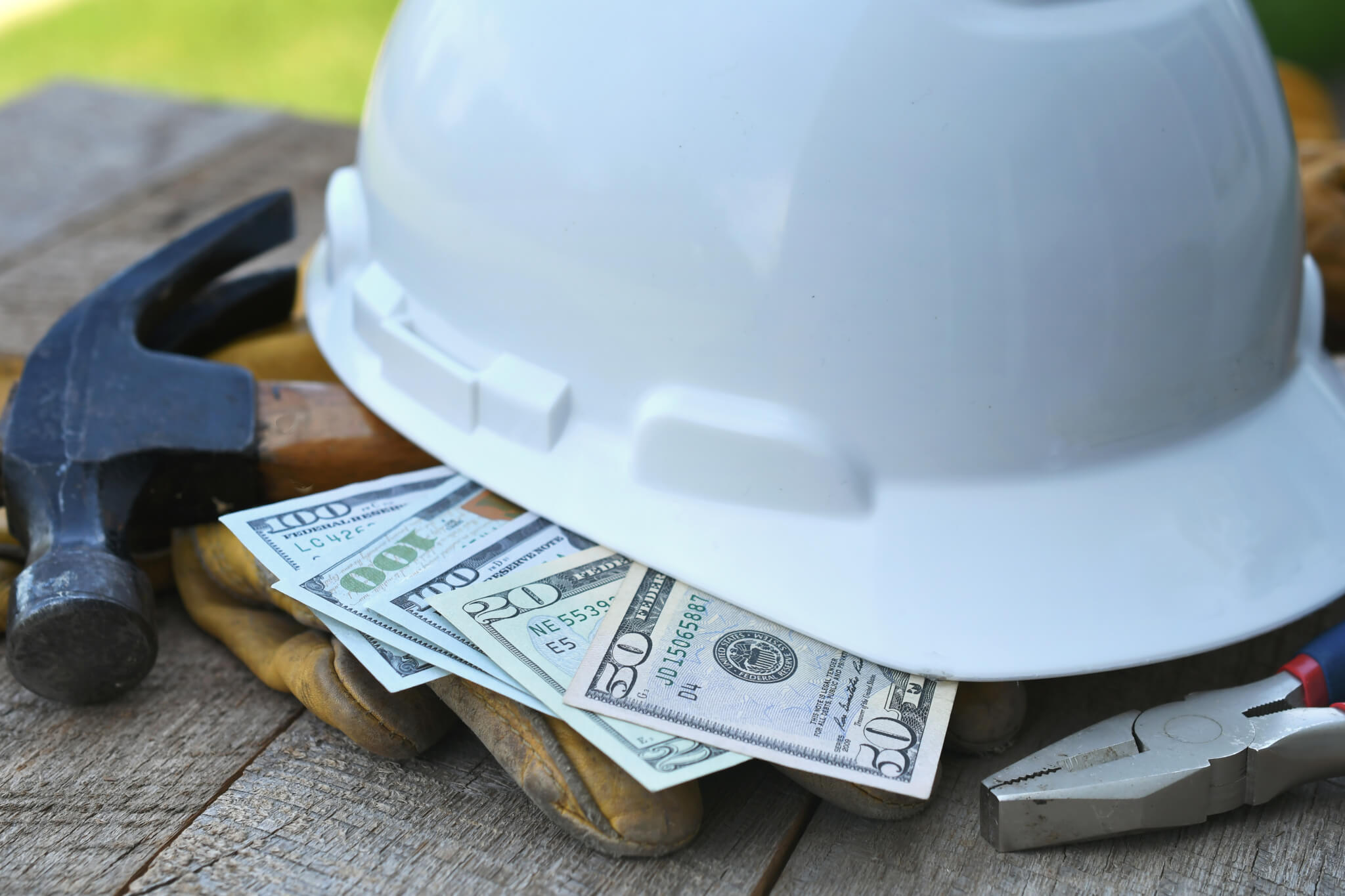

On construction projects, the issue of non-payment can arise despite an owner making timely payment to the prime contractor. In these situations, the owner may learn that its payment was not properly disbursed down the line of contractors and subcontractors, leaving a lower-tier subcontractor or suppliers unpaid. On most construction projects, the owner typically pays the prime contractor progress payments on a monthly basis. From those progress payment funds, the prime contractor pays each of its subcontractors, and those subcontractors pay their second-tier subcontractors and suppliers. Sometimes, however, a subcontractor may fail to properly remit payment to lower-tier subcontractors or suppliers. Consequently, the unpaid entity may assert a claim for nonpayment against the project and upstream entities, including the owner, prime contractor, and upper-tier subcontractor. When a claim for nonpayment is asserted, the upstream entities are subjected to the threat of paying twice for the same work. Therefore, owner and prime contractors have an interest in ensuring that proper payment is made to all subcontractors and suppliers on the project.
One method to ensure payments are properly disbursed is by issuing a joint check. A joint check is a check made out to two parties (i.e., the prime contractor and subcontractor, or subcontractor and second-tier subcontractor, etc.) that can be cashed when signed by both parties. Typically, provisions for joint checks are agreed to in the underlying construction contract. Because the joint check must be signed by both designated payees before it is cashed, it is difficult for one party to pocket the money and not pay the intended recipient.
Joint checks are commonly used to ensure that third parties, including subcontractors and suppliers, receive their portion of the payment directly from the payer, rather than rely on an upstream contractor to distribute the funds. This method of payment provides a layer of financial security and transparency in construction projects.
Under the A201®-2017, General Conditions of the Contract for Construction, joint checks are allowable. Section 9.5.4 of A201-2017 provides that “…the Owner may, at its sole option, issue joint checks to the Contractor and to any Subcontractor or supplier to whom the Contractor failed to make payment for Work properly performed or material or equipment suitably delivered.” If the owner issues a joint check, then the contractor and architect are typically required to account for that payment on subsequent payment applications.
Note, however, that the use of joint checks can vary based on many factors, such as project specifics, terms of the construction contract, and governing law. Project participants should ensure clear payment terms and procedures in their contracts to avoid misunderstandings and ensure that payments are both accurate and timely.
AIA Contract Documents has provided this article for general informational purposes only. The information provided is not legal opinion or legal advice and does not create an attorney-client relationship of any kind. This article is also not intended to provide guidance as to how project parties should interpret their specific contracts or resolve contract disputes, as those decisions will need to be made in consultation with legal counsel, insurance counsel, and other professionals, and based upon a multitude of factors.